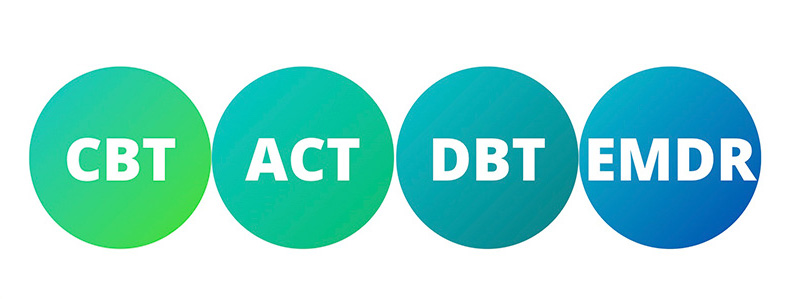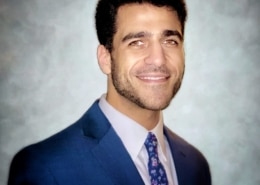Eye Movement Desensitization and Reprocessing is a form of therapy that is geared for individuals who have experienced physical and emotional trauma, and experience overall emotional distress from difficult life experiences.
EMDR therapy is a parallel concept where your brain can heal from psychological trauma and how your body can recover from physical injury.
The scars may still be there but we need to take care of the wound so it can heal and no longer be infected. The only way to achieve this is a head-on, direct approach.
EMDR therapy is a direct approach to one’s trauma, to be able to face the situation (at their own pace) under the supervision and guidance of a certified EMDR therapist.
EMDR therapy is different from talk therapy in a few ways. For example, EMDR therapy involves biological aspects such as eye movements (or other bilateral stimulations), rapid eye movement, and there are usually only about 8 sessions. The other aspects are more up to the client’s own intellectual and emotional processes rather than the therapist’s interpretations.
Since it is a client directly walking through the trauma, the therapist safely guides them into transforming the thoughts into “I survived” and allows them to view that moment(s) as a part of their story to continue healing rather than prohibiting them from continuing to stay trapped in it.
In successful EMDR therapy, the meaning of painful events is transformed on an emotional level.
One of the biggest things to know about EMDR therapy is that it’s not recommended for everyone. And it’s not recommended to start your therapeutic journey in EMDR. Often it can be a difficult and tasking experience. This specialized therapy is strongly recommended in general, as EMDR carries amazing benefits. However it’s important to note that it can’t be abruptly ended, once started.
To learn more about the types of therapy in Houston, Malaty Therapy offers a free consultation to talk about what will work best for you.
See Tammer Malaty featured in Shout Out HTX.
Have more questions? Go here to read our FAQ section.
 https://malatytherapy.com/wp-content/uploads/2020/01/Tammer-grid.jpg
464
550
Ellen Dash
https://malatytherapy.com/wp-content/uploads/2020/10/mobile-logo-words.png
Ellen Dash2020-01-27 18:39:502022-03-13 19:06:25Tammer Malaty
https://malatytherapy.com/wp-content/uploads/2020/01/Tammer-grid.jpg
464
550
Ellen Dash
https://malatytherapy.com/wp-content/uploads/2020/10/mobile-logo-words.png
Ellen Dash2020-01-27 18:39:502022-03-13 19:06:25Tammer Malaty










